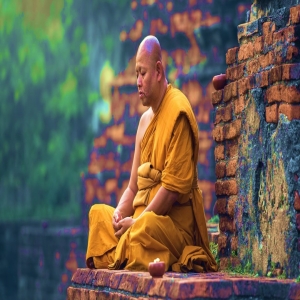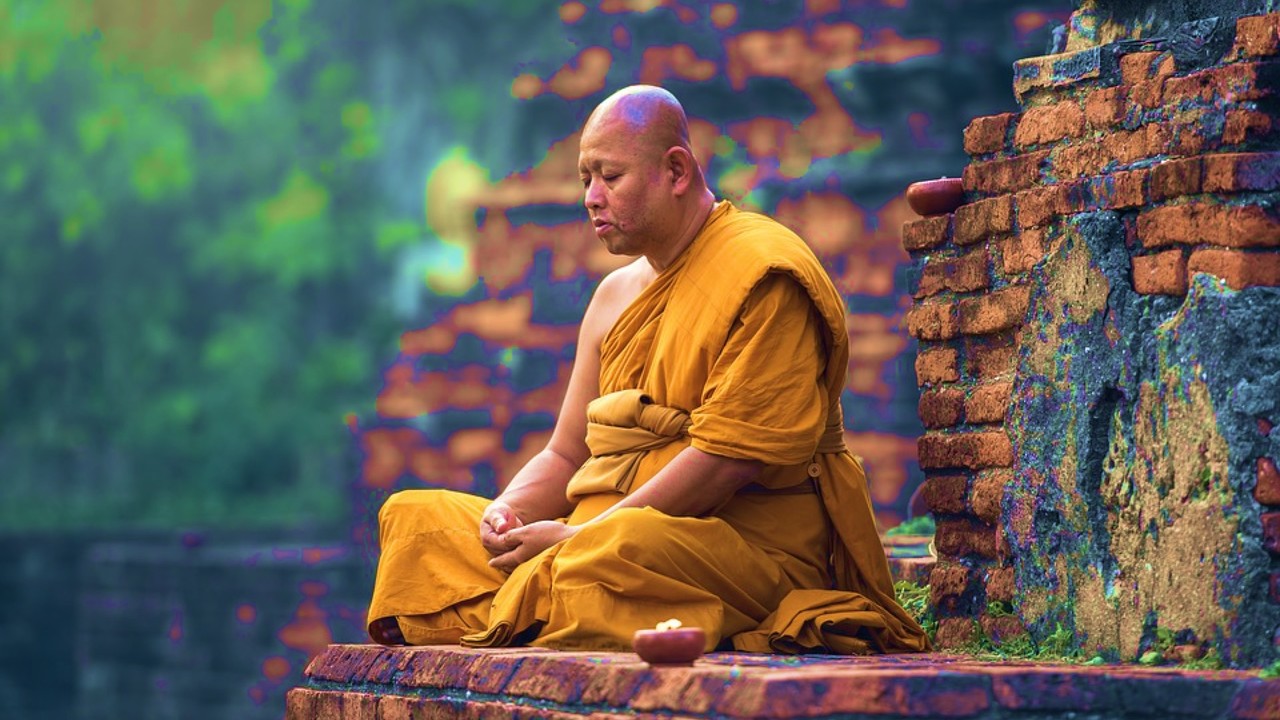
.jpg) Jayaseelan Savariarpitchai SDB
Jayaseelan Savariarpitchai SDB

Regularity and radicality are two fundamental dimensions of life that everyone must engage with at some point. These concepts, often perceived as opposites, are, in fact, complementary forces that together shape a life of balance and authenticity. Regularity brings discipline, order, and stability, while radicality calls for courage, innovation, and the willingness to disrupt established patterns. When fused, they create a dynamic life that allows for personal and collective growth. To be regularly radical is to move seamlessly between these forces, ensuring a life of both structure and transformation.
Regularity: A Gift from the External World
Regularity is something we inherit from the world around us. It is the framework handed down by society, institutions, and traditions. This form of external structure comes in the form of rules, regulations, and routines, designed to give us a predictable rhythm in life. In many ways, regularity is the foundation for discipline. It provides the scaffolding for our habits, enabling us to meet societal expectations and fulfil our roles effectively.
In religious life, regularity is seen in practices like attending services, maintaining prayer times, or adhering to religious laws. These rituals create a rhythm of consistency, deepening one's spiritual life through repetition. For instance, a monk who wakes at dawn every day to meditate is not only participating in a tradition but also cultivating discipline that aligns his inner life with outer expectations. Similarly, in the professional world, regularity is essential. An employee who consistently arrives on time, meets deadlines, and fulfils their responsibilities demonstrates reliability, which is often rewarded with promotions or increased responsibility. A nurse who follows a strict schedule to administer medications ensures a patient's recovery, highlighting how regularity can directly impact life itself. Even in daily routines like managing a household, regularity plays a critical role. Preparing meals at set times, organising finances, and maintaining a clean home may seem mundane, but these activities create harmony and ensure stability in the household. This predictability allows family members to operate within a clear, organised system.
In essence, regularity is given to us by external forces. It flows from the world around us. The structures of society, institutions, and traditions provide a roadmap for us to follow, offering a sense of stability and purpose. Regularity answers the question, "What has the world asked me to do?" It is the gift given from the wisdom of previous generations distilled into rules and frameworks that guide us. Thus, regularity is externally imposed, while radicality is internally generated.
Radicality: A Gift Born from Within
Radicality comes from the core of our being. It is the inner impulse to question, challenge, and reshape the structures we inherit. It is the ex
In art, too, radicality flourishes. Consider Vincent van Gogh, whose radical departure from traditional styles created an entirely new form of artistic ex
Radicality, therefore, answers the question, "What have I given to the world?" It is the gift we offer from our deepest selves: the boldness to innovate, challenge, and transform. Nonetheless, an authentic journey between regularity and radicality is essential for a harmonious life.
The Dynamic Balance: Regularly Radical
To live a life that is regularly radical is to find the harmony between these two forces: regularity and radicality. It is not about choosing one over the other but about embracing both in a way that fosters personal and collective growth. Regularity gives us the stability and discipline needed to function in the world, while radicality provides the courage and creativity to innovate and disrupt when necessary.
Consider the journey of an artist. They may spend hours every day practising their craft, adhering to a strict routine of creating, refining, and perfecting their skills. This regularity allows them to build a solid foundation, mastering techniques and gaining control over their medium. However, it is the moments of radicality - when they break away from traditional forms and experiment with something entirely new - that lead to groundbreaking work. The balance between regularity and radicality is what enables them to both hone their craft and push the boundaries of their field. In the same way, an entrepreneur who diligently follows a business plan but is also open to taking bold risks when necessary embodies the regularly radical mindset. They may rely on regularity to maintain operations, but their willingness to innovate and disrupt their own model is what drives their success.
In conclusion, embracing regular radicality is the most authentic ex